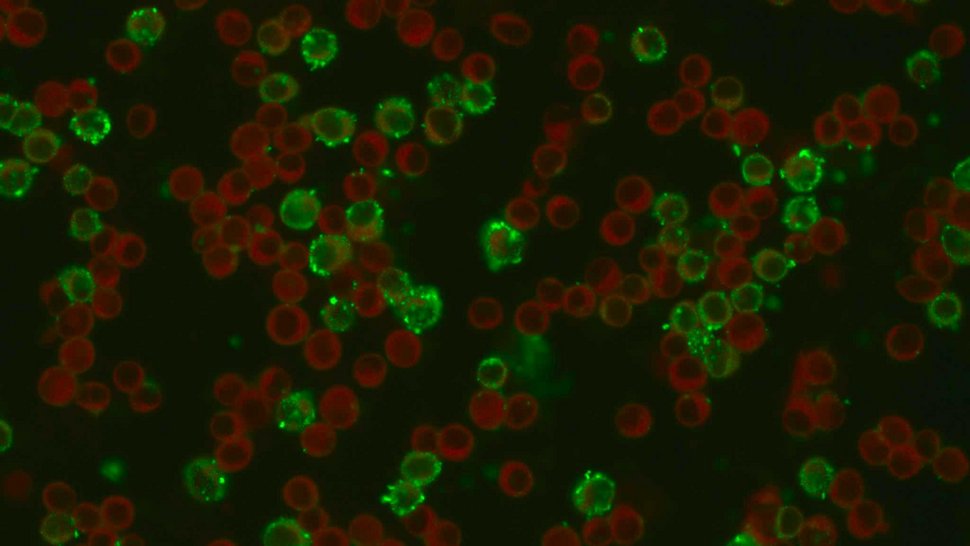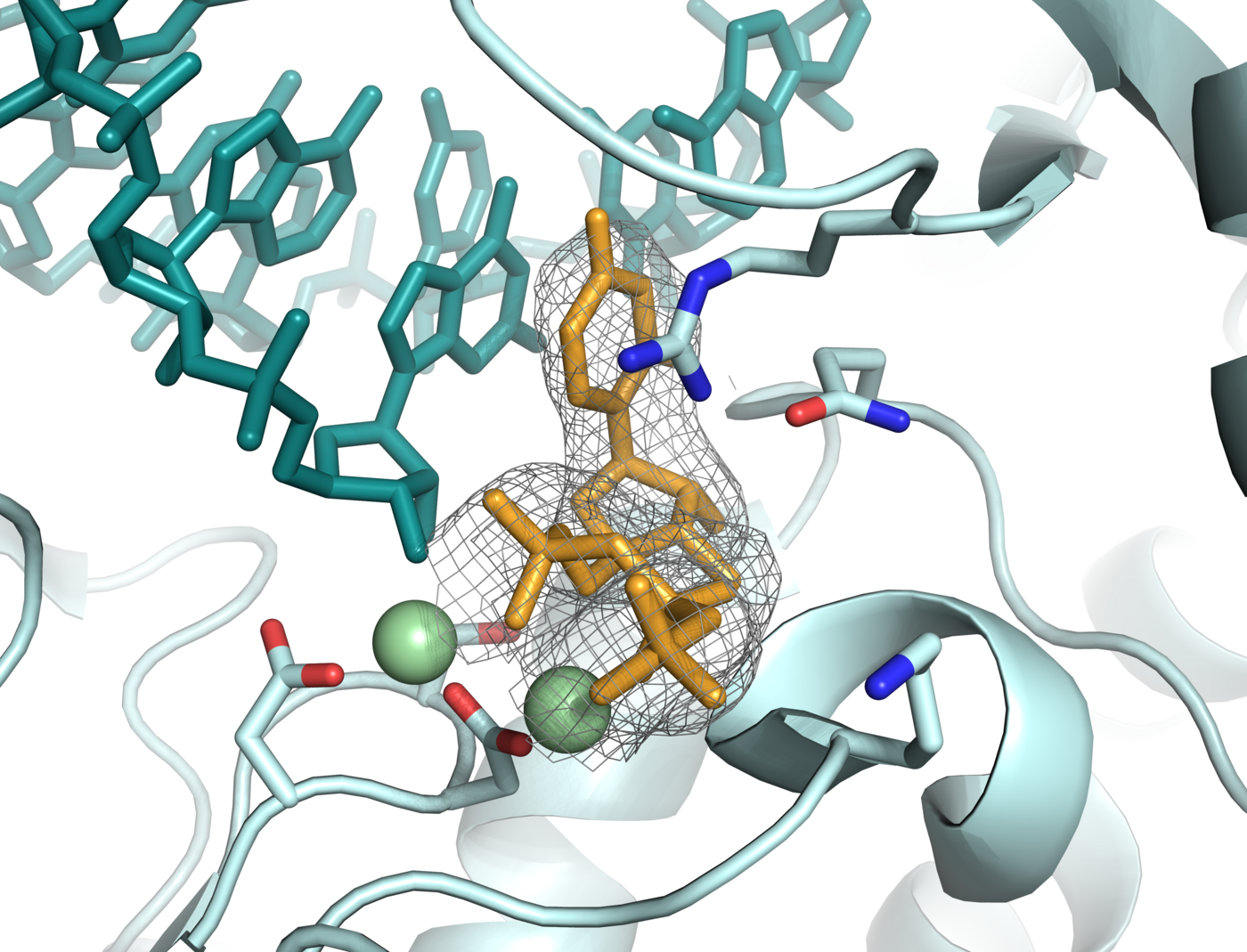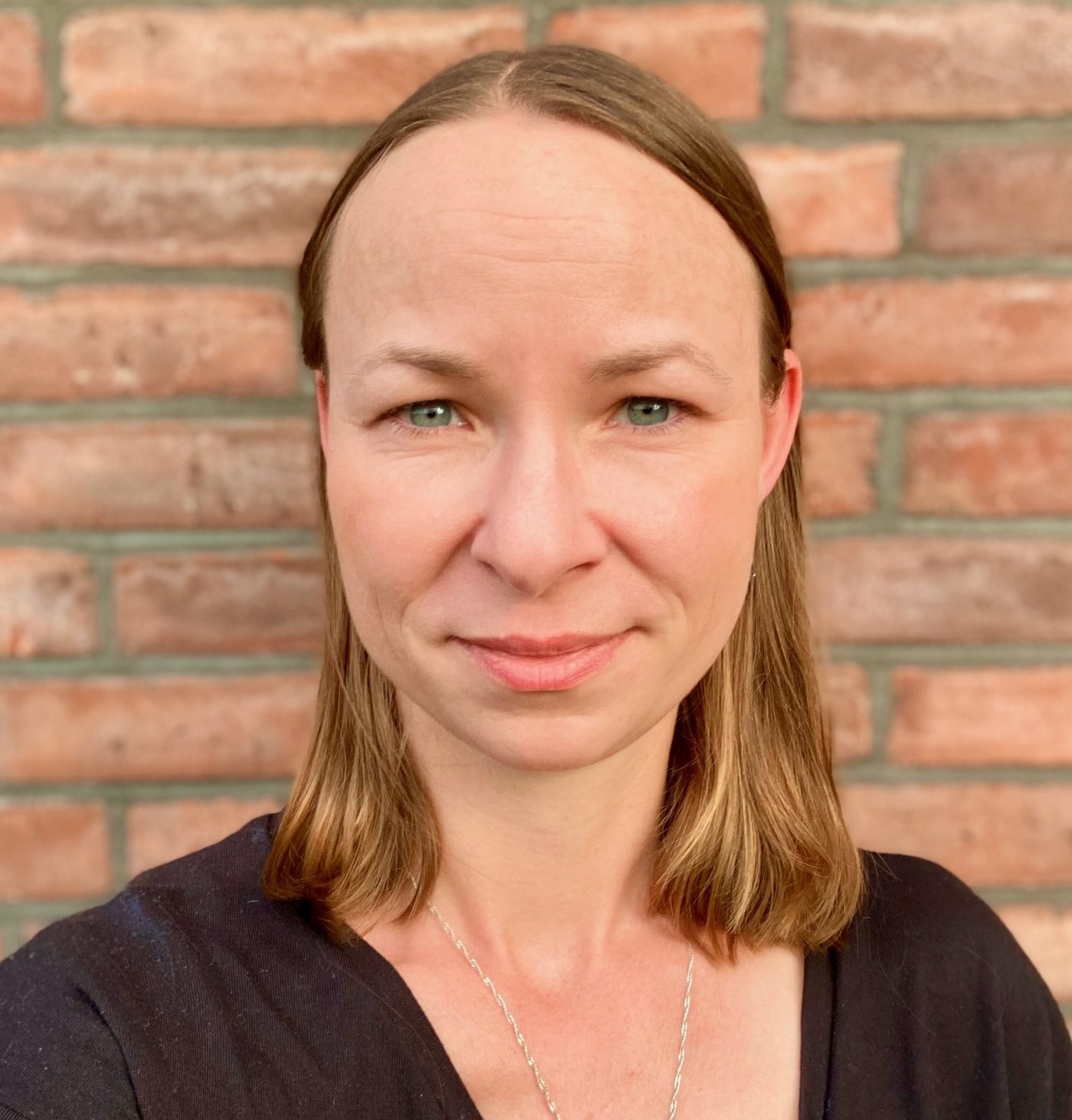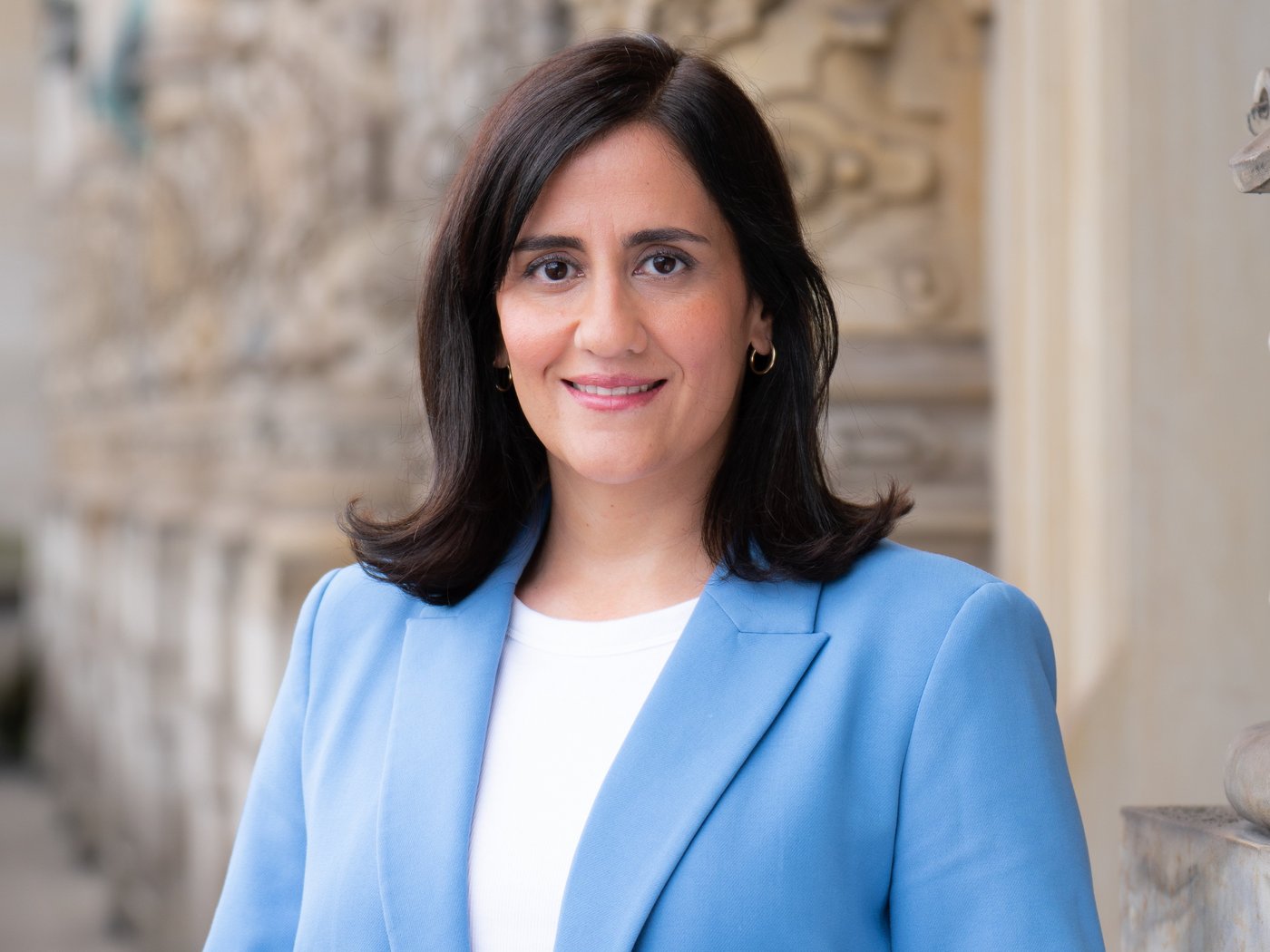Hamburg successful in Leibniz Female Professors Programme
The Senate of the Leibniz Association has decided to fund two outstanding female scientists from Hamburg as part of the Leibniz Programme for Women in Science: Dr Maria Rosenthal from the Bernhard Nocht Institute for Tropical Medicine (BNITM) and Prof. Dr Stephanie Pfänder from the Leibniz Institute for Virology (LIV).

The two scientists will receive funding under the Leibniz Programme for Women in Science following their appointment. The five-year grants are part of the Leibniz Competition to support outstanding female scientists.
Structure-based drug development: Dr Maria Rosenthal seeks new approaches to combating bunyaviruses
The research of virologist Dr Maria Rosenthal aims to develop antiviral drugs against so-called bunyaviruses, a diverse group of RNA viruses with great pandemic potential, such as the Crimean-Congo haemorrhagic fever virus. Bunyaviruses can cause serious diseases in humans and animals worldwide, and there are currently no approved drugs for treating these infections. Rosenthal's approach is to use highly precise active substances to specifically block the viral polymerase, a key protein for virus replication.
To this end, their project combines state-of-the-art methods from virology, structural biology and drug development. In collaboration with the Fraunhofer Institute for Translational Medicine and Pharmacology (ITMP) in Hamburg, key functions of the virus are being analysed using high-throughput methods and drug candidates are being tested. Structural images obtained by cryo-electron microscopy and X-ray crystallography provide atomic-level insights into the targets of potential inhibitors. In the high-security laboratories of the BNITM, the efficacy of the most promising drug candidates is being investigated in cell culture experiments.


‘Our vision is to develop tailor-made antiviral strategies that the virus cannot easily circumvent through mutation. Ideally, these should not only target a single virus, but also be effective against a whole group of similar pathogens,’ says Dr Maria Rosenthal. ‘Especially with emerging infections, which we are seeing more frequently as a result of climate change and globalisation, it is crucial to develop strategies that can be quickly transferred to similar viruses.’
The group will move into the Centre for Structural Systems Biology (CSSB) on the DESY campus in Hamburg-Bahrenfeld. Scientists at the CSSB are investigating the molecular mechanisms of infections in order to identify new targets for intervention. ‘Dr. Rosenthal is already collaborating with several CSSB scientists, and we are delighted to welcome her as a group leader at the CSSB,’ explains CSSB Scientific Director Prof. Dr Holger Sondermann.
Focus on coronaviruses and new pathogens: Prof. Dr Stephanie Pfänder researches ‘emerging viruses’
The Leibniz Centre Infection (LCI) research network, which includes the BNITM, the Leibniz Institute for Virology (LIV) and the Research Centre Borstel, Leibniz Lung Centre, benefits twice from the decision:
Prof. Stephanie Pfänder from the LIV is researching how the human body reacts to novel and recurring viruses. Her work focuses on cellular factors that influence how viruses spread and cause disease. To this end, she uses the latest laboratory technologies and advanced model systems, such as organoids – model systems that mimic human organs. The results of this research will enable new approaches to prevention and therapy in the future.
A Political Signal for Hamburg as a Research Hub
Minister for Science Maryam Blumenthal: "The decision by the Leibniz Association to award two new grants in Hamburg sends a strong signal for our research hub. I am particularly delighted that two outstanding virologists from Hamburg, Maria Rosenthal and Stephanie Pfänder, are being recognised for their excellent research. The selection demonstrates how successful our long-term strategy has been: we are strengthening forward-looking research areas such as infection biology, investing consistently in infrastructure – particularly within Science City Hamburg-Bahrenfeld – and promoting gender equality in a targeted manner. The fact that one of the new groups will be based at the CSSB underlines the scientific radiance of this location well beyond Hamburg."

On Bernhard Nocht Institute for Tropical Medicine (BNITM)
The Bernhard Nocht Institute for Tropical Medicine (BNITM) is Germany's largest institution for research, care and teaching in the field of tropical and emerging infectious diseases. Current areas of focus include malaria, haemorrhagic fever viruses, neglected tropical diseases (NTDs), immunology, epidemiology and the clinical care of tropical infections, as well as the mechanisms of virus transmission by mosquitoes. The institute has several high-security laboratories, including a biosafety level 4 (BSL-4) laboratory and several level 3 (BSL-3) laboratories, including a BSL-3 insectarium for handling highly pathogenic viruses and infected insects. The BNITM supports the development of laboratory capacities, including mobile laboratories, in numerous countries worldwide, particularly in the Global South.
On Leibniz Institut for Virology (LIV)
Founded in 1948, the Leibniz Institute for Virology is a non-profit, independent research institution under civil law that has been part of the Leibniz Association since 1995.
The LIV researches human pathogenic viruses with the aim of understanding virus-related diseases and developing new therapeutic approaches.
Based on experimental fundamental research, new approaches are being developed for improved methods of treating viral diseases such as AIDS, influenza and hepatitis, as well as emerging viral infections such as COVID-19, West Nile fever and dengue fever. With its research focus, the LIV covers a wide range of the world's most important viral infectious agents.
The LIV is involved in regional and national research networks such as the Centre for Structural Systems Biology (CSSB), the German Centre for Infection Research (DZIF), the Hamburg Leibniz Science Campus Integrative Analysis of pathogen-induced Compartments (InterACt) and the Leibniz Lab Pandemic Preparedness: One Health, One Future. Together with the neighbouring Leibniz research institutions Bernhard Nocht Institute for Tropical Medicine (BNITM) and the Research Centre Borstel (FZB), the LIV has founded the Leibniz Centre Infection (LCI), a strategic alliance of the three institutes with complementary research interests.
On Centre for Structural System Biology (CSSB)
Infectious diseases are a global threat that claim many lives. The key to combating infectious diseases is a detailed understanding of the underlying molecular mechanisms. Scientists at the Centre for Structural Systems Biology CSSB investigate the structure and function of pathogens and their interactions with the host.
The goal of this interdisciplinary centre is to contribute to the development of novel therapeutics and better treatment options for combating infectious diseases. Three universities and six research institutions (Helmholtz and Leibniz Institutes and EMBL) are collaborating at the CSSB to gain new fundamental insights into infection biology.
To conduct their research, CSSB scientists use the first-class research infrastructure on the DESY campus in combination with in-house imaging techniques such as cryo-electron microscopy. In addition, the CSSB's four academic equipment platforms provide access to state-of-the-art technology and research services.
Downloads
Contact person
Dr Maria Rosenthal
Research Group Leader
Phone : +49 40 285380-420
Email : rosenthal@bnitm.de
Julia Rauner
Public Relations
Phone : +49 40 285380-264
Email : presse@bnitm.de
Further information







